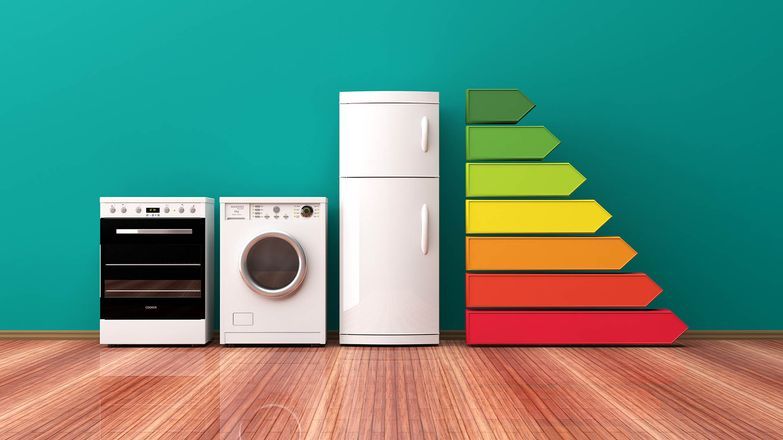
Privately rented homes can be rented out if they meet Energy Performance Certificate E, while socially rented homes have no minimum energy efficiency standard.
Reiterating the commitment, Ed Miliband MP stated at the 2024 Labour Party Conference they want to lift over one million households out of fuel poverty, with their plan for the biggest boost to home energy standards.
With the consequences of high energy bills amid a cost-of-living crisis, many tenants are exposed to draughty homes and expensive bills, alongside the consultation for Decent Homes Standard, the UK Government wants to transform all round living standards.
Propertymark understands that property agents want to see more energy-efficient homes, but new rules and requirements must be realistic and achievable for all tenures. The consultation process must highlight the different property types across the rented sector to ensure the targets, guidance, and funding prioritise the most difficult to decarbonise.
A new energy efficiency grant to upgrade properties
The UK Government has also announced a new Warm Homes: Local Grant for low-income homeowners and private tenants with the support of their landlords to help with energy performance upgrades and the introduction of cleaner heating.
The grant is due to start on 1 April 2025, will run for 3-5 years and will be delivered by local authorities. It contains two £15,000 cost caps per home, one for energy performance and one for Low carbon heating measures totalling £30,000 per home; the income threshold for the scheme will be £36,000. This is a welcome addition. However, it remains to be seen how it will work for landlords and tenants in practice
Extending and updating existing schemes
Additionally, a commitment has been made to continue the Public Sector Decarbonisation Scheme and the Warm Homes: Social Housing Fund, which provides up to £7,500 grant funding per home and replaces the Social Housing Decarbonisation Fund to support social housing providers and tenants.








